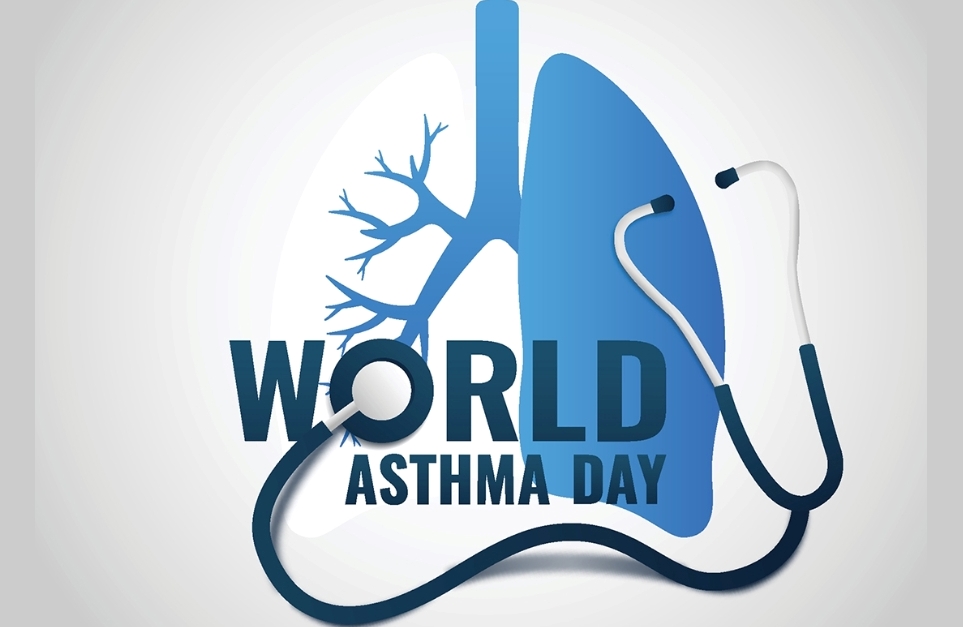
midst the pressing public health challenges of high mortality rates and compromised quality of life, the significance of effective asthma management comes into sharp focus. This year’s World Asthma Day theme, “Asthma Education Empowers,” underscores the vital role of knowledge in enhancing asthma management and patient outcomes. With India ranking #1 in prevalence and disability-adjusted life years (DALYs) due to asthma, in addition to accounting for 42% of all asthma-related deaths worldwide, this year’s theme amplifies the urgency for national-level mobilization to address this critical issue. 1, 2, 3
Effective asthma management is multifaceted and awareness efforts must be supported by an ecosystem that encompasses various aspects of care. From disease and therapy awareness to diagnostics, screening, counselling, and treatment adherence, every step in the asthma journey matters. The collaboration between public awareness campaigns like Cipla’s Berok Zindagi and Tuffies, along with patient support efforts such as the company’s Breathefree initiative, creates a network of support for patients. Breathefree encompasses both physical and digital components, including an AI-enabled device training platform. This network not only assists patients but also provides relief to their families.
Commenting on the importance of education empowered action, Dr. Hardik Jain, Consulting Chest Physician, Mumbai said, “Characterized by narrowed airways, increased sensitivity to triggers (like dust mites, smoke, cold air etc.) and changes in the air passages, Asthma is a long-term/chronic disease. Although incurable, it can be controlled through timely diagnosis and medical intervention. However, misconceptions, especially about inhalation therapy, often lead to patients failing to follow their doctor’s advice. In fact, only about 23% of patients in India call their condition by its actual name with the rest referring to it as something like a cold and cough. By increasing awareness, not only among patients but also within the broader community, we can ensure timely diagnosis and appropriate management, ultimately leading to better health outcomes for asthma patients.4
Emphasizing the importance of education to ensure early intervention and treatment adherence, he added, “Asthma management aims to achieve optimal symptom control, to prevent attacks and any impact on quality of life. This is usually achieved through a combination of maintenance and reliever therapies. Inhalation therapy serves as a cornerstone, greatly enhancing quality of life. Infact, for certain patient populations like children or seniors who struggle with quick inhalation, nebulized treatments offer a practical solution, especially during acute exacerbations. However, it’s concerning that less than 9% of diagnosed patients use inhalation therapy with misconceptions about inhalers playing a leading role in treatment non-adherence. These challenges are further magnified by other factors like limited healthcare access, inadequate device training and guidance. Therefore, to address these issues, a fundamental shift in how we approach asthma care in India is needed.” 5, 6, 7
By prioritizing awareness and building a supportive ecosystem, Cipla remains dedicated to ensuring that patients receive the necessary support throughout their asthma journey. With Berok Zindagi, Cipla has challenged asthma misconceptions and its treatment related stigmas through a multitude of creative mediums. While the Tuffies campaign has evolved into a movement of inspiration for kids with respiratory conditions such as asthma and their caregiver through engaging comic books as well as on-ground school programs like the Tuffies Ki School Yatra.